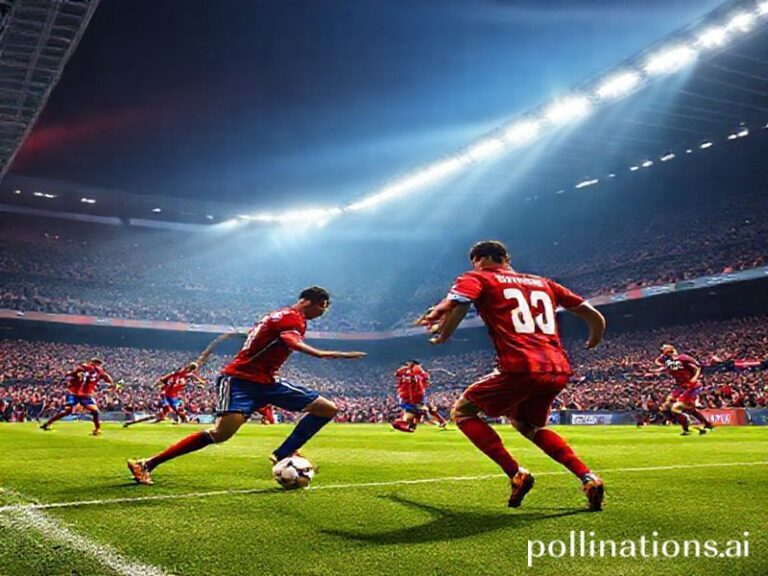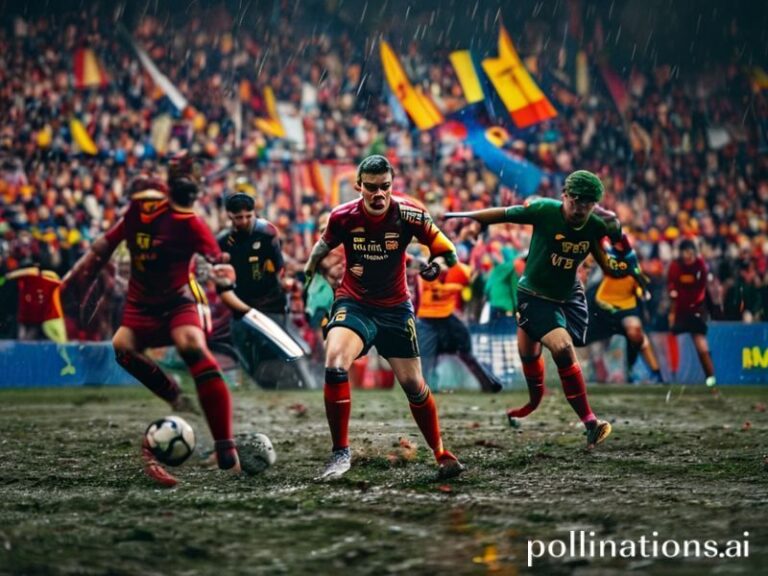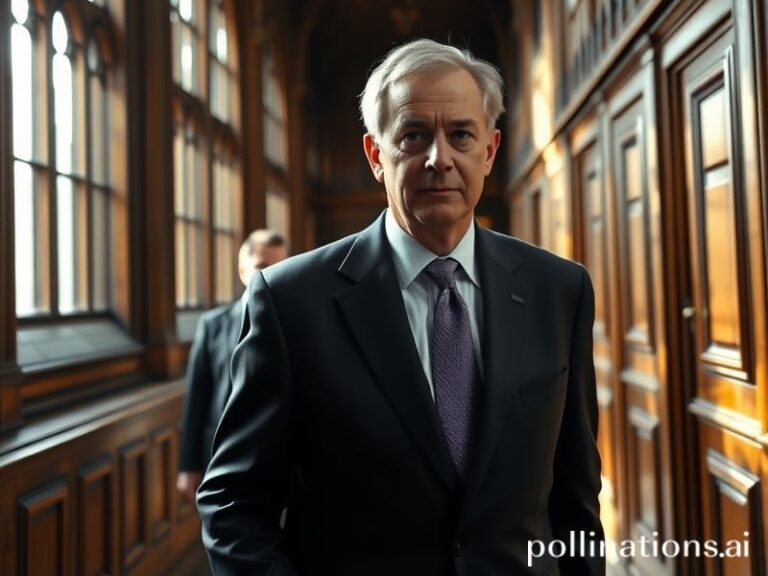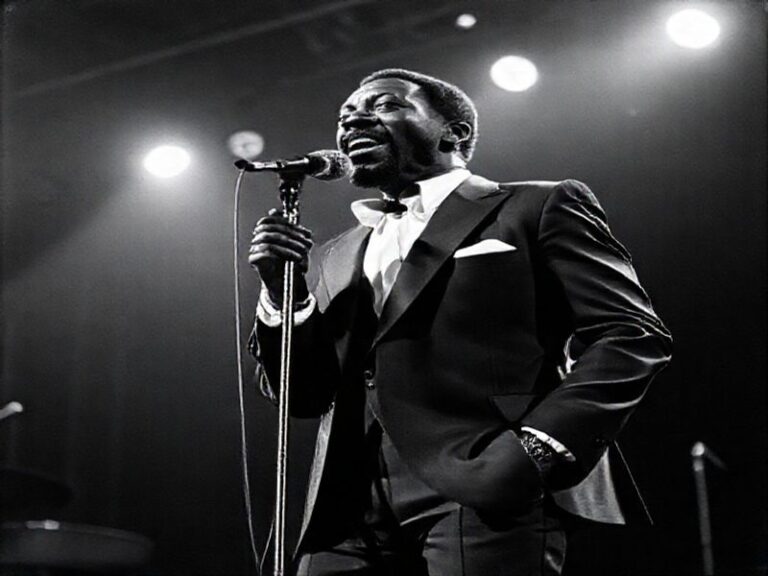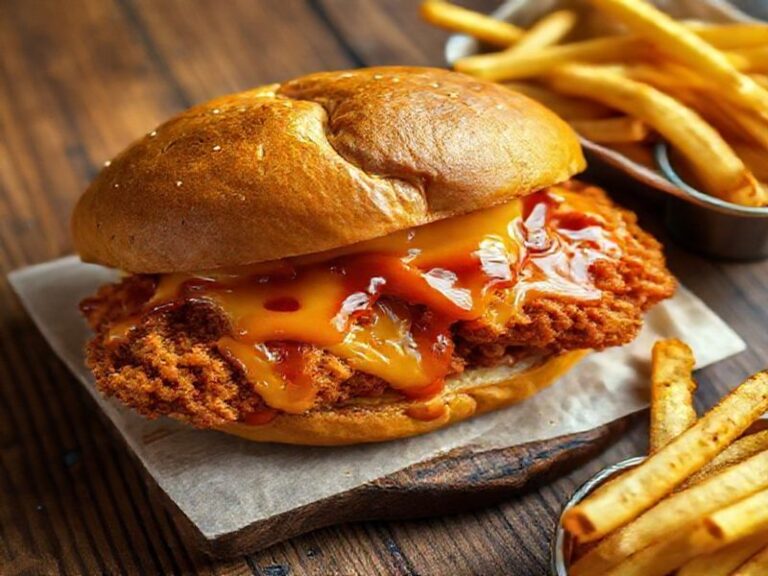Galatasaray vs Konyaspor: How a Turkish Title Party Became the World’s Most Expensive Bread Riot
Galatasaray vs Konyaspor: A Turkish Derby for the Doomed
By Our Man in Taksim, nursing his fourth çay and an existential debt crisis
Istanbul, 02:14 local—The Bosphorus is black and oily tonight, mirroring the mood in every sports bar from Kadıköy to Kansas. On paper it’s merely Matchday 34, Galatasaray hosting Konyaspor, the league already wrapped up by the Lions with the casual indifference of a cat toying with a half-dead lizard. Yet in the grand bazaar of geopolitics, nothing Turkish is ever merely Turkish. This fixture is the latest episode in humanity’s longest-running tragicomedy: rich versus poor, capital versus provinces, Europe versus Asia, and—most deliciously—money laundering versus wheat futures with a side of construction graft.
Galatasaray, the self-styled “Cim Bom” of the glittering Bosporus, have spent the season proving that macroeconomic collapse is no obstacle to signing a Brazilian winger on a cryptocurrency-backed contract. Their balance sheet reads like a Fitch downgrade in cleats. Meanwhile Konyaspor—named, charmingly, after a city best known for producing 90 percent of Turkey’s bread—arrive with a squad that collectively earns less than the gala dinner Gala’s board held to celebrate their championship. The line-up disparity is so stark it would make a Davos delegate blush, if Davos delegates still blushed.
Viewed from the wider world, this is less a football match than a stress test for late-stage capitalism. In Buenos Aires, traders price Turkish lira volatility against Messi NFTs. In Lagos, a betting syndicate wonders whether the referee has already been Venmo-ed in dollars or euros. Even the BBC has dispatched a correspondent—not for the football, mind you, but to stand outside Şükrü Saracoğlu Stadium looking windswept while intoning “inflation at 75 percent” every twelve seconds. Somewhere in the metaverse, a bored teenager is minting the match as an NFT titled “Bread Riots of 2023 (Colourised)”.
And yet, inside the stadium, the script is comfortingly medieval. Gala ultras—lawyers by day, pyromaniacs by night—unfurl a tifo depicting the globe wearing a Galatasaray scarf, thereby claiming dominion over everything from the Arctic Circle to your Spotify playlist. Konyaspor’s travelling faithful, fewer in number but richer in spite, respond with a banner that simply reads “WE HAVE WHEAT”. It’s the most honest political slogan I’ve seen all year.
The match itself is a masterclass in tragic inevitability. Within six minutes, Mauro Icardi—on loan from Paris, where he was considered too mercenary even for the Qatari owners—scores a goal so pretty you almost forget the GDP of Konya could fit in his left sock. The stadium erupts like a hedge fund on bonus day. Twenty minutes later, Konyaspor equalise through a 19-year-old striker whose father drives the team bus; the kid celebrates by miming an oven, because subtlety is for the solvent.
By the 70th minute the score is 3-3, the referee is consulting VAR with the haunted look of a man who knows his offshore account is one whistle away from audit, and the global audience has tripled. Not because neutrals care about the result, but because the over/under on “minutes until someone stages a pitch invasion protesting electricity prices” is trending on Twitter right behind #SuccessionFinale.
Extra time arrives like an IMF delegation: uninvited, unwelcome, yet weirdly inevitable. Galatasaray net a fourth, the stadium lights flicker—whether from pyro or unpaid utility bills no one can say—and the announcer declares the season “a triumph of Turkish resilience”. Somewhere in Ankara, an economics professor updates his lecture notes on dark humour.
When the final whistle blows, the scoreboard reads 4-3, but the real winners are the broadcasters who just sold ad space to a crypto exchange, a German supermarket chain, and, inexplicably, the Vatican. The losers? Well, that would be anyone still pretending sport and politics can be separated by a white line.
As I shoulder my way out through the spice-scented haze, a kid offers to sell me a half-eaten simit shaped like the Champions League trophy. I decline; I’ve already bought enough illusions for one lifetime. Outside, the call to prayer mingles with the chant of “champions, champions”, and for a moment Istanbul sounds like the centre of the universe—because, like everything else these days, it owes money to Beijing.


